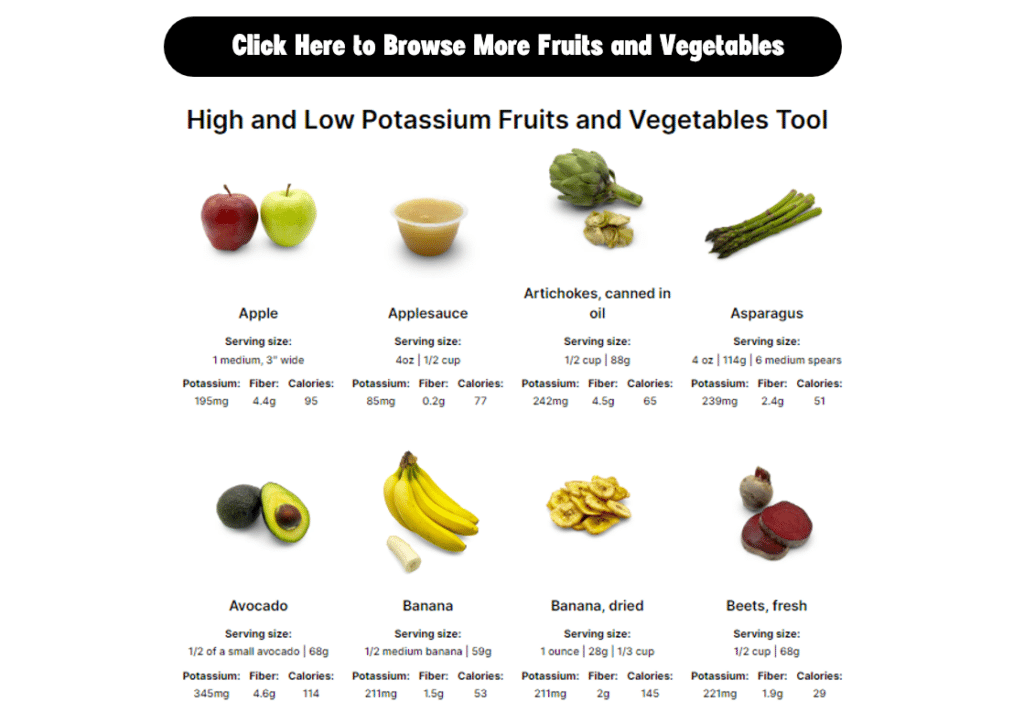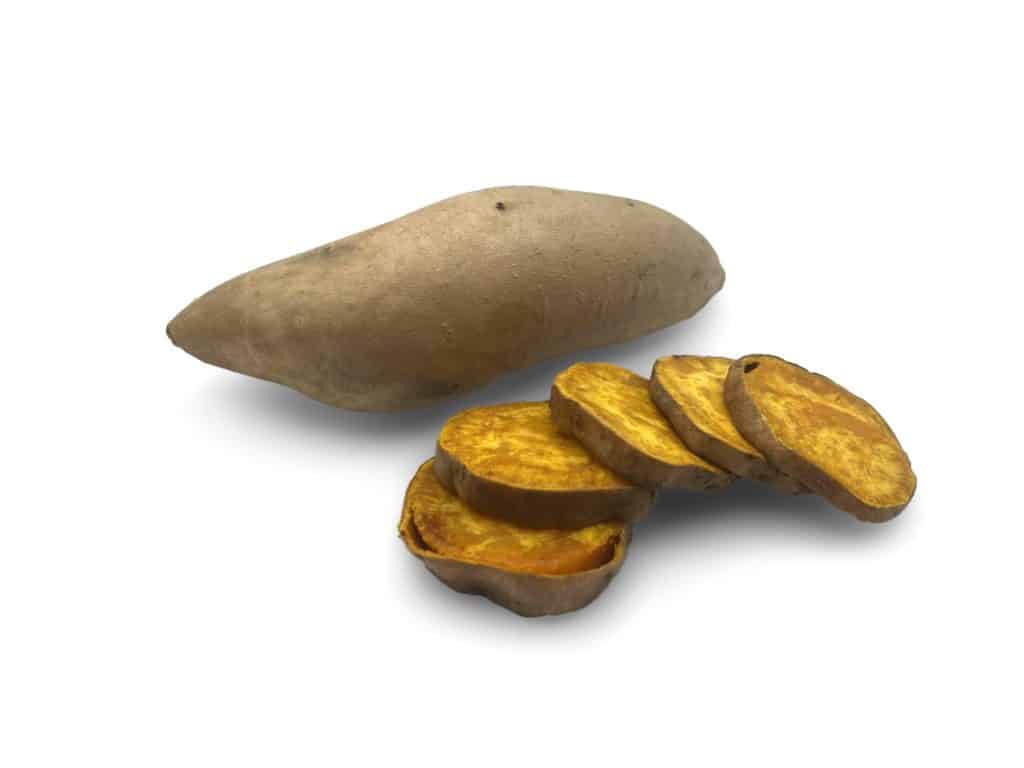Table of Contents
Are raspberries good for kidneys?
Yes, raspberries are rich in antioxidants, fiber, and vitamins that are beneficial to people with kidney disease.
This post may contain affiliate links through which we may earn a small commission to help keep this website free.
Are raspberries high in oxalates?
Red raspberries contain 8mg of soluble oxalate per 100g serving, so they contain a moderate amount of oxalate. (Source) If you are prone to developing calcium oxalate stones, you should consider limiting your intake of raspberries.
Interestingly, an extract of raspberry roots showed promising effects in reducing oxalate in the serum as well as calcium content of kidneys (Source). It is not clear whether consuming the fruit would have the same effect, and unfortunately raspberry root extract is not a readily available supplement.
Are raspberries high in potassium?
One half cup of raspberries contains 93mg of potassium making it a low potassium fruit.
Are raspberries high in phosphorus?
No. One half cup of raspberries contains about 18mg of phosphorus. The phosphorus found in raspberries is natural and poorly absorbed by the body, so it is considered a low phosphorus food.
What are the benefits of raspberries?
- Raspberries contain vitamins and antioxidants. Antioxidants consumed through fruits and vegetables are considered to have protective effects against many chronic diseases.
- Raspberries are also a good source of fiber. Fiber is important for gut health as well as helping the body maintain potassium levels.
- Research shows that a low intake of fruits and vegetables is associated with an increased risk of developing kidney failure in people with kidney disease (as well as those who don’t have kidney disease.
Healthy ways to eat raspberries
- Fresh on their own as a snack, or mix them with other fruits to make a fruit salad
- Use raspberries as a topping with yogurt, like we did with other berries in our kidney friendly blueberry banana yogurt parfait
- Blend them into your smoothie for some color and a fiber boost like we did with other berries in our Blueberry Banana Peanut Low Protein Smoothie
- Add them to oatmeal for a kidney friendly breakfast
- Buy them frozen and enjoy as a cool treat on a hot day
- Blend them with kidney-friendly yogurt and make popsicles
High and Low Potassium Fruit and Vegetable Tool
Looking for more information on other kidney friendly fruits and vegetables? Check out our Fruit and Vegetable Potassium Tool.



